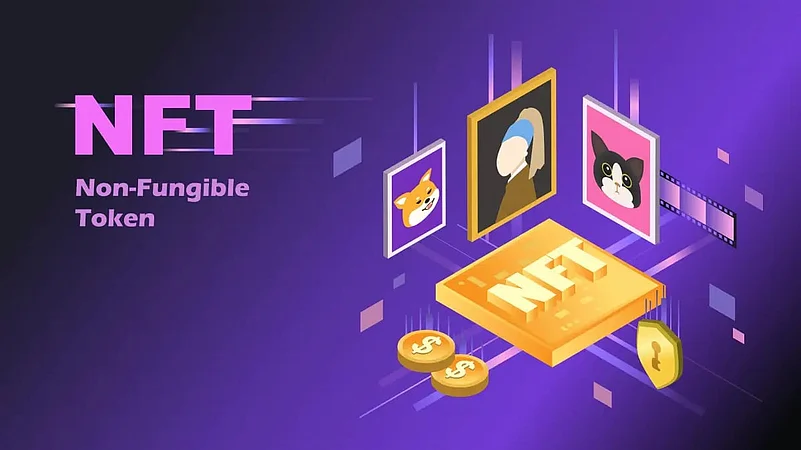In just over a decade, cryptocurrency has moved beyond digital cash transactions to include transformative technologies, such as decentralised finance (DeFi) and non-fungible tokens (NFTs).
These emerging sectors are pushing the boundaries of Blockchain technology by reshaping industries and creating new opportunities for financial growth. As DeFi reinvents traditional finance and NFTs revolutionise digital ownership, these innovations are reshaping our understanding and use of cryptocurrency.
The Rise Of DeFi
DeFi is a collection of Blockchain-based financial services, particularly on public Blockchains, such as Ethereum. It is reliant on smart contracts, which are self-executing agreements that have the conditions written into code. This enables peer-to-peer (P2P) financial transactions that are transparent, secure, and available to everyone with an Internet connection.
It has emerged as one of the most disruptive innovations in the crypto space. It refers to a broad range of financial services, including lending, borrowing, trading, and earning interest built on decentralised Blockchain platforms.
Unlike traditional financial systems, where banks or brokers act as intermediaries, DeFi enables P2P transactions by removing middlemen and giving users full control over their assets.
DeFi’s accessibility to all users with an Internet connection is one of the factors contributing to its growing popularity. This offers a degree of financial inclusion not seen in traditional banking. DeFi platforms, such as Aave, Uniswap, and Compound are radically changing the way financial institutions function, whether it is through smart contracts, liquidity pools, or decentralised exchanges.
Vedang Vatsa, founder, Hashtag Web3, says, “When assessing DeFi projects, it’s crucial to look for strong security measures, audit reports, and transparent governance structures to ensure a safe and reliable investment.”
How NFTs Are Changing Digital Ownership?
NFTs represents real-life items recorded on Blockchain as unique digital assets. Unlike fungible tokens, such as Bitcoin, NFTs are ‘one-of-a-kind’ and possess distinct characteristics. These tokens are digital representations of images, videos, tickets or even virtual real estate.
NFTs have created a huge disruption in the art world by allowing creators to profit directly from their work without the need for middlemen or intermediaries, such as galleries or auction houses. Artists can now sell their creations to a global audience with secure ownership verified through the Blockchain.
NFTs are becoming increasingly popular in gaming, in addition to the art world. Gamers can now legally sell in-game assets or participate in play-to-earn (P2E) games in which money generation is part of the experience. The most expensive NFT sales have shown how digital art, music and entertainment industries are capitalising on Blockchain’s capacity for certifying ownership. NFTs are also being used in gaming, where players can trade ‘in-game’ assets as unique, tradable tokens. This burgeoning market is giving creators and investors alike new ways to generate value in the digital space.
Vatsa adds, “In evaluating NFT projects, consider the unisqueness of the assets, the credibility of the creators, and the level of community support, as these factors significantly influence long-term value.”
Emerging Trends And Challenges In DeFi And NFTs
As with every fast rising business, DeFi and NFTs have their own set of obstacles and threats. While DeFi shows promise, there are security and scalability challenges. Hacks, incorrect smart contracts, and a lack of sufficient governance have resulted in substantial losses for some users. So, before investing, investors should proceed with prudence and conduct extensive research on the platforms.
NFTs also encounter various challenges. As a result of the market’s speculative character, not all NFTs will hold their value. Several misconceptions might mislead investors, too.
Vedang highlights some myths about DeFi and NFTs.
“One prevalent assumption is that DeFi and NFT initiatives would provide rapid revenues. Both markets are extremely volatile, and investors should be warned that prices might fall dramatically. Also, not all NFTs are necessarily unique or useful. Many assets are speculative and value-based on market demand rather than their inherent value,” he adds.














